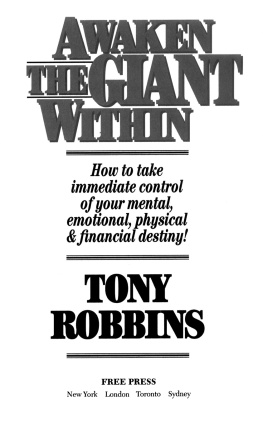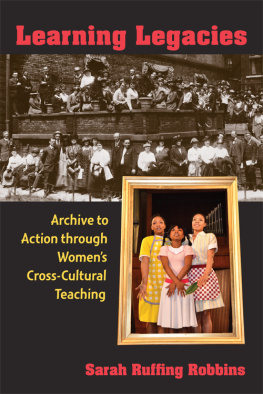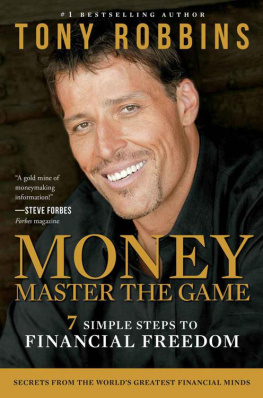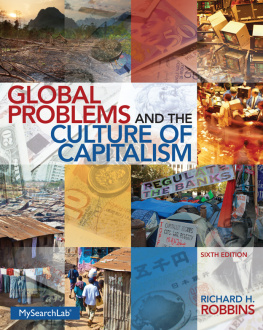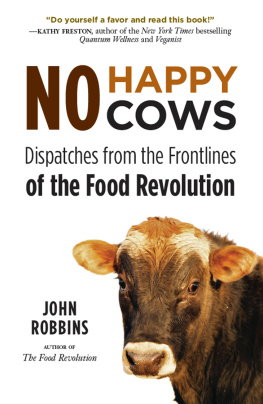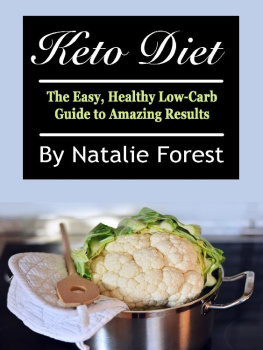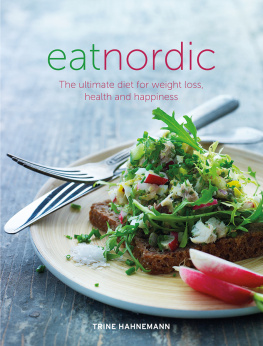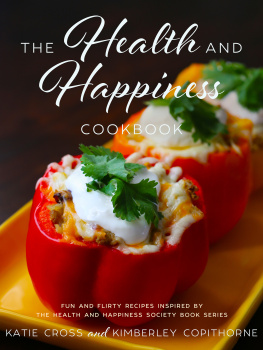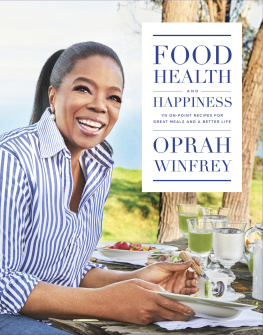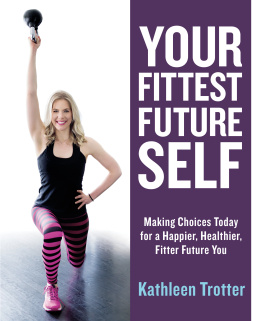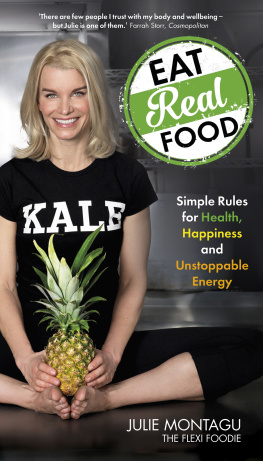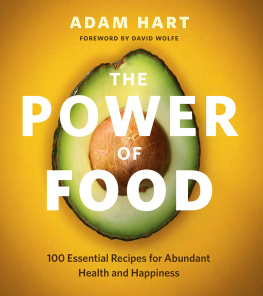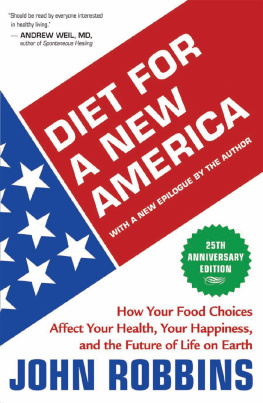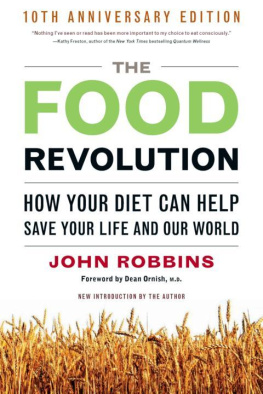Robbins - Diet for a New America
Here you can read online Robbins - Diet for a New America full text of the book (entire story) in english for free. Download pdf and epub, get meaning, cover and reviews about this ebook. City: Tiburon;Calif;United States, year: 1998, publisher: H.J. Kramer;New World Library, genre: Religion. Description of the work, (preface) as well as reviews are available. Best literature library LitArk.com created for fans of good reading and offers a wide selection of genres:
Romance novel
Science fiction
Adventure
Detective
Science
History
Home and family
Prose
Art
Politics
Computer
Non-fiction
Religion
Business
Children
Humor
Choose a favorite category and find really read worthwhile books. Enjoy immersion in the world of imagination, feel the emotions of the characters or learn something new for yourself, make an fascinating discovery.
Diet for a New America: summary, description and annotation
We offer to read an annotation, description, summary or preface (depends on what the author of the book "Diet for a New America" wrote himself). If you haven't found the necessary information about the book — write in the comments, we will try to find it.
Robbins: author's other books
Who wrote Diet for a New America? Find out the surname, the name of the author of the book and a list of all author's works by series.
Diet for a New America — read online for free the complete book (whole text) full work
Below is the text of the book, divided by pages. System saving the place of the last page read, allows you to conveniently read the book "Diet for a New America" online for free, without having to search again every time where you left off. Put a bookmark, and you can go to the page where you finished reading at any time.
Font size:
Interval:
Bookmark:



published in a joint venture with
New World Library
Editorial office:
H J Kramer Inc
P. O. Box 1082
Tiburon, California 94920
Administrative office:
New World Library
14 Pamaron Way
Novato, California 94949
Graphics: Deo Robbins
Cover Production: Jim Marin/Marin Graphic Services
Composition: Batsch Spectracomp and Classic Typography
Originally pubIished:Walpole, NH . Stillpoint,1987.
Includes index.
ISBN 0-915811 -81 -2 (pbk.)
1. Food of animal originUnited States. 2. Food habitsUnited States. 3. Animal welfareUnited States. I. Title.
363.1929dc21
CIP
Distributed to the trade by Publishers Group West
10 9
M Y GRATITUDE AND THANKS TO:
Deo Robbins, who nursed the book and me through thick and thin, her utterly unique wit providing me a continual source of renewal. Her example is a living demonstration that health comes through love.
Don Rosenthal, whose keen eye and high editorial standards helped sharpen the focus of my thoughts.
Ocean Robbins, whose love for all of life is a continuous inspiration to all who know him.
Salima Cobb and Martha Rosenthal, who believed in my ability to do this book, even when my faith flickered.
Kali Rae, for her support in the original inspiration for the book.
All the animals Ive been fortunate enough to know. Simply by being themselves, they have encouraged me to be a voice for the voiceless.
My thanks also to the numerous physicians, nutritionists, environmentalists, researchers, and other concerned people who read and criticized the book as it took shape.
And to all those yet to be inspired by the vision of Diet For A New America.
MAY ALL BE FED; MAY ALL BE HEALED; MAY ALL BE LOVED.
By Joanna Macy,author
Despair and Personal Power
in the Nuclear Age
A FTER READING THIS book for the second time, I took a walk on the beach below the oil refineries on San Francisco Bay. Seagulls careened in the afternoon sun. A tanker hooked up a half-mile out on the jetty. As I watched idly, my thoughts still occupied with the book, a strange fantasy arose in my mind.
It was a scenario of what would happen if Americans no longer found animal products attractive. Say they simply woke up one day and found meat and poultry and dairy products unappealing. Given U.S. eating habits, that speculation borders on the absurd, I know. But suppose some magical transformation took place that would diminish our attraction to animal-based foods, and at the same time increase our appetite and enjoyment for other foods which really nourish, and are far better for us.
What would happen? What would it mean for our lives and our world? Would that tanker, for example, still be making its deliveries of imported oil? Would those refineries stretch back for as many miles as they do now? Would there be as much DDT in the gulls overhead or in my own body? Would they and I be likely to live longer and healthier?
The research that John Robbins has done for us in this book, gathering and distilling an extraordinary amount of little known but vital information, allows us to deduce what would happen in such a scenario. From the evidence accrued in hundreds of recent medical, agricultural, economic and environmental studies, which he presents in terms easy for the lay person to grasp, we can indeed estimate the results if Americans were to change their eating habits and kick the habit of over-consuming animal proteins and animal fats.
I imagine then the scenario, as I walk along the waters edge.
The effects on our physical health are immediate. The incidence of cancer and heart attack, the nations biggest killers, drops precipitously. So do many other diseases now demonstrably and causally linked to consumption of animal proteins and fats, such as osteoporosis, a major affliction among older women; my mother suffers from it; I fear it. The hormonal imbalances causing miscarriages and increasing aberrations of sexual development similarly drop away, as we cease ingesting with our meat, poultry and milk the drugs pumped into our livestock. So do the neurological disorders and birth defects due to pesticides and other chemicals, as we begin to eat lower on the food chain where these poisons are far less concentrated. Mothers milk, where they concentrate in greatest intensity, becomes safe again; we can nurse our babies without fear. Since these toxins attack the gene pool itself, causing irreversible damage, the change in diet improves the health of my childrens childrens children and generations to come.
The social, ecological and economic consequences, as we Americans turn away from animal food products, are equally remarkable. We find that the grain we previously fed to fatten livestock can now feed five times the U.S. population; so we have become able to alleviate malnutrition and hunger on a worldwide scale. We discover what it is like for us to sit down to eat without feeling guilt. Once relieved of it, we realize how great was that burden, that unspoken sense of being watched and judged by those who were hungry. We find ourselves also relieved of fear. For on a semiconscious level we knew all along that the old disparities in consumption were turning our planet into a tinder box, breeding resentments and desperations that could only eventuate in war. We breathe easier, letting ourselves be emotionally in touch again with all our brothers and sisters.
The great forests of the world, that we had been decimating for grazing purposes (that was, we discover, the major cause of deforestation), begin to grow again. Oxygen-producing trees are no longer sacrificed for cholesterolproducing steaks.
The water crisis eases. As we stop raising and grinding up cattle for hamburgers, we discover that ranching and farm factories had been the major drain on our water resources. The amount now available for irrigation and hydroelectric power doubles. Meanwhile, the change in diet frees over 90% of the fossil fuel previously used to produce food. With this liberation of water energy and fossil fuel energy, our reliance on oil imports declines, as does the rationale for building nuclear power plants.
Font size:
Interval:
Bookmark:
Similar books «Diet for a New America»
Look at similar books to Diet for a New America. We have selected literature similar in name and meaning in the hope of providing readers with more options to find new, interesting, not yet read works.
Discussion, reviews of the book Diet for a New America and just readers' own opinions. Leave your comments, write what you think about the work, its meaning or the main characters. Specify what exactly you liked and what you didn't like, and why you think so.


